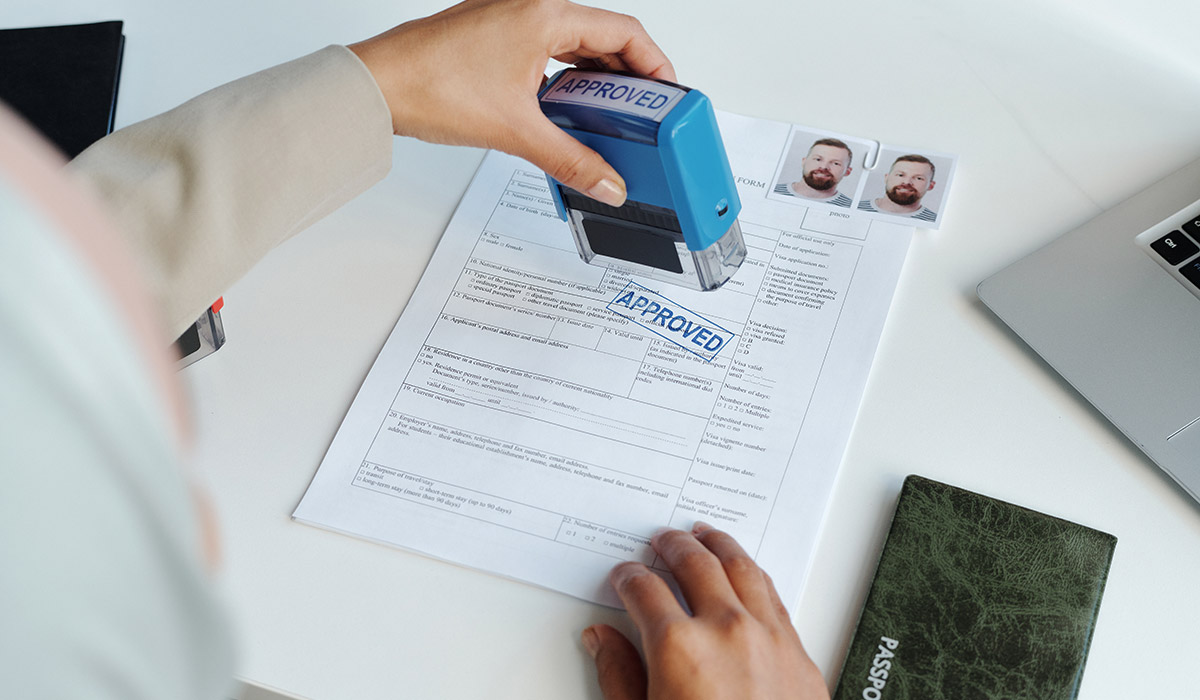 4 minutes
4 minutes 10 Essential Malaysia Corporate Income Tax Compliance Guidelines for Businesses

Malaysia has steadily positioned itself as an appealing business hub in Southeast Asia, thanks to its strategic location, pro-business environment, and reliable infrastructure. However, success in the Malaysian market requires more than just opportunity; it demands rigorous adherence to corporate income tax regulations.
In this article, we outline the critical corporate tax compliance obligations that businesses in Malaysia must meet to stay legally sound and financially efficient.
1. Understanding Corporate Tax Residency
A company is considered a Malaysian tax resident if its central management and control are exercised within the country—typically determined by the location where board meetings take place.
- Malaysian tax-resident companies are taxed on worldwide income.
- Foreign (non-resident) entities are only liable for tax on income that arises from sources within Malaysia.
Corporate tax rates:
- Standard corporate tax rate: 24%
- For SMEs with annual sales not exceeding RM 50 million: the first RM 600,000 of chargeable income is taxed at 17%, while income exceeding that is taxed at 24%
2. Filing Corporate Income Tax Returns (Form C)
All businesses incorporated in Malaysia must submit an annual tax return using Form C, as mandated by the Inland Revenue Board (IRB). The filing process involves declaring the company’s total taxable income, calculating payable taxes, and reconciling instalment payments made throughout the year.
Key facts:
- Submission Deadline: Within seven months after the close of the financial year.
- Platform: Filing must be done online via the e-Filing (EzHASiL) portal.
- Documentation: Companies must retain all necessary records such as financial statements, tax computations, and relevant schedules to support the return.
Timely and accurate filings help avoid penalties and keep businesses in good standing with tax authorities.
3. Estimation and Instalment Payments (CP204)
Companies are required to estimate their annual tax liability and report it using Form CP204, which must be submitted at least 30 days before the beginning of the financial year.
- Monthly instalment payments must be made based on the declared estimate.
- Any discrepancy is addressed during the final tax return filing.
Failure to comply with instalment payment rules may result in fines or interest charges.
4. Keeping Comprehensive Financial Records
Companies must maintain clear and accurate records, including invoices, receipts, contracts, and financial statements. These records must be preserved for a minimum of seven years.
Well-documented financial records are critical for tax filing and for ensuring a smooth process during audits.
5. Managing Transfer Pricing Documentation
Businesses involved in transactions with related parties—particularly international ones—must maintain comprehensive Transfer Pricing Documentation (TPD).
- TPD justifies the pricing structure used for intercompany transactions.
- Ensures that all dealings follow the arm’s length principle.
Non-compliance with TPD requirements can lead to tax adjustments and financial penalties.
6. Withholding Tax Compliance
When companies in Malaysia make payments to non-resident entities (e.g., royalties, interest, or technical fees), withholding tax may apply.
- Tax rates usually range between 10% and 15%, depending on the nature of the payment.
- Tax remittances to the Inland Revenue Board must be completed no later than one month following the date of the payment or transaction.
- Malaysia’s Double Tax Agreements (DTAs) may offer reduced withholding tax rates.
7. Employer Responsibilities for Tax Deduction
Companies that employ staff in Malaysia are obligated to operate under the Potongan Cukai Bulanan (PCB) mechanism, which facilitates the monthly collection of income tax from employees’ wages.
- Deductions must be submitted to the IRB regularly.
- Employers must also file Form E annually and issue Form EA to employees for personal income tax filings.
8. Compliance with Tax Incentive Reporting
Companies benefiting from government incentives such as Investment Tax Allowance (ITA) or Pioneer Status must meet additional compliance requirements.
- Maintain distinct records of income that qualifies for exemption.
- Submit relevant documentation, including approval letters and financial breakdowns, when claiming these incentives.
9. Preparing for IRB Audits
The Inland Revenue Board (IRB) conducts regular tax reviews to ensure companies are adhering to Malaysian tax laws. These assessments closely examine declared income, deductions, and payment schedules.
Having well-organized financial data and accurate tax filings is essential to managing audits smoothly and avoiding penalties.
10. Staying Updated on Tax Reforms
Malaysian tax regulations are subject to change—often announced during the annual national budget. Businesses must actively monitor these updates to stay compliant and take advantage of any new incentives or exemptions.
Conclusion
Maintaining tax compliance is a critical responsibility for all businesses operating in Malaysia. From accurate filings and structured recordkeeping to understanding residency rules and managing audits, corporate tax compliance is an ongoing process.
Premia TNC specializes in helping businesses navigate this complex landscape. With a strong regional presence across Southeast Asia, we offer comprehensive support in corporate income tax filing, CP204 estimation, bookkeeping, tax audits, and documentation compliance.
Our expert consultants ensure you remain fully aligned with Malaysian tax regulations—allowing you to focus on scaling your business with confidence.
Contact Premia TNC today and let us take the stress out of your tax compliance journey.
Related Posts




















